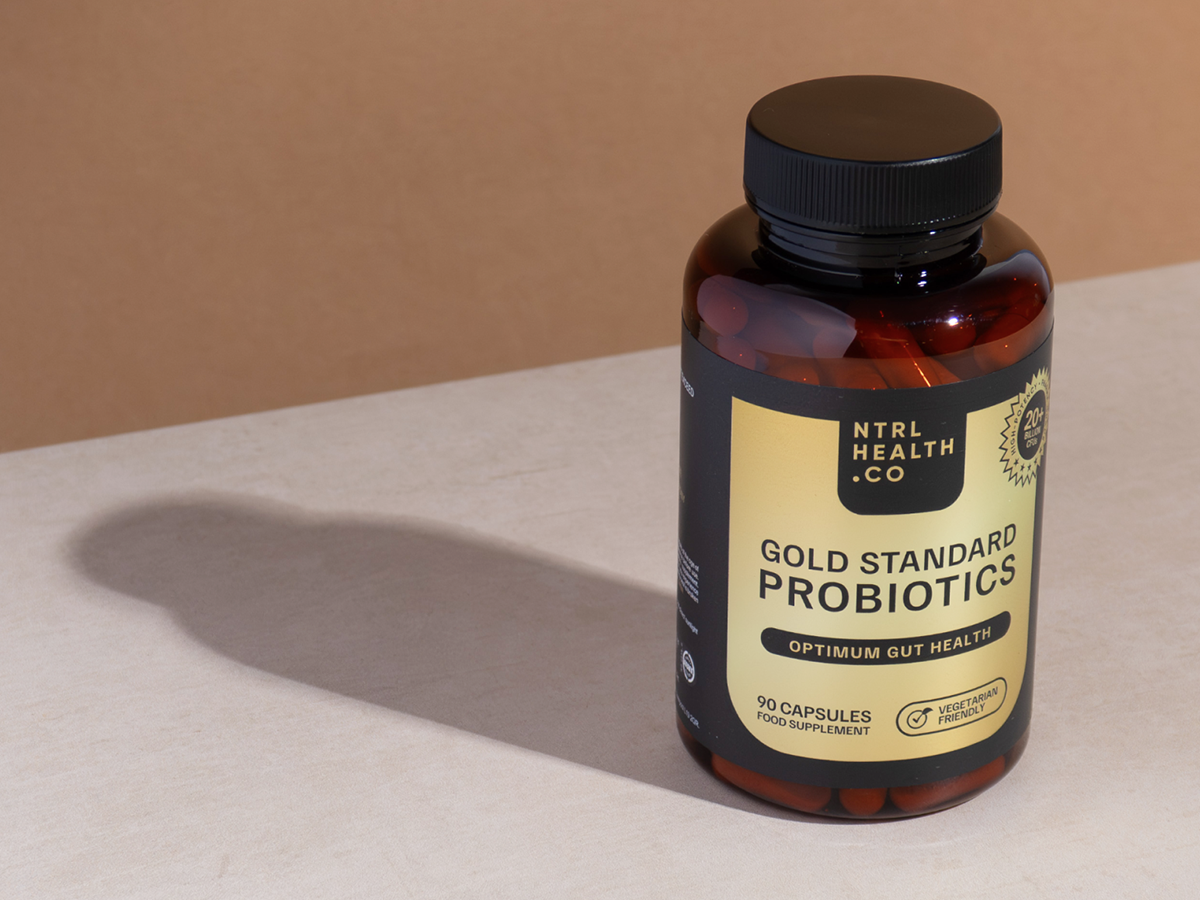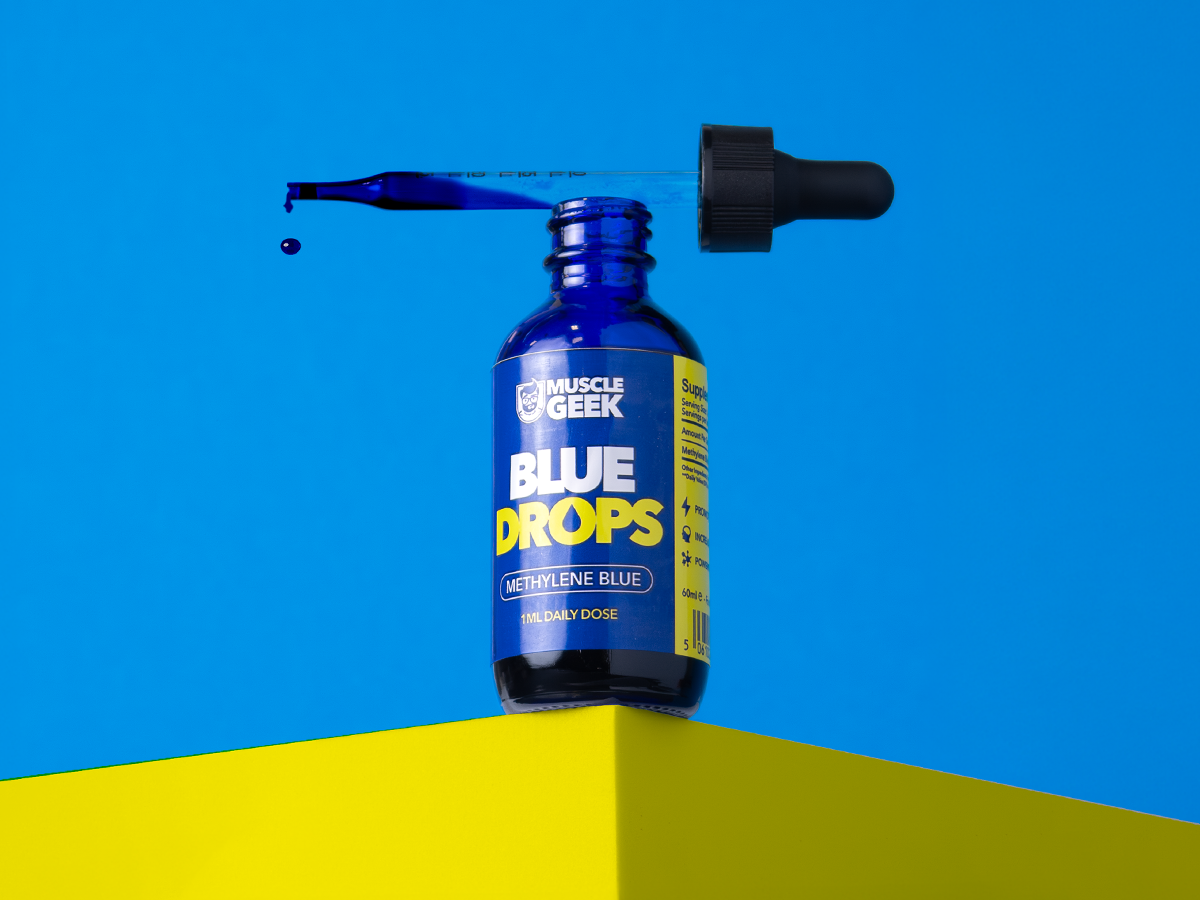In a world increasingly focused on well-being, you've likely heard the buzz around probiotics. From yogurt commercials to supplement aisles overflowing with options, these tiny titans are making big claims about our health. But what exactly are probiotics? And do they truly live up to the hype? Let's dive into the fascinating world of these beneficial bacteria.
What are Probiotics? The Tiny Tenants in Your Gut
At their core, Probiotics are live microorganisms, primarily bacteria and yeasts, that, when administered in adequate amounts, confer a health benefit on the host. Think of them as the "good" bacteria residing in your gut, forming a complex and dynamic community known as the gut microbiota (or microbiome).
For years, we've been taught that all bacteria are bad. However, our bodies are actually teeming with trillions of microorganisms, and many of them play crucial roles in keeping us healthy. Probiotics are essentially reinforcements for this beneficial army, helping to maintain a healthy balance within our digestive system.
What Do Probiotics Do?
- Support Gut Health and Digestion: This is perhaps the most well-known benefit. Probiotics can help break down food, absorb nutrients, and promote regular bowel movements. They can also help alleviate symptoms of digestive discomfort like bloating, gas, and occasional constipation or diarrhoea.
- Help Restore Gut Balance After Antibiotics: Antibiotics, while essential for fighting infections, can unfortunately wipe out both good and bad bacteria in the gut. Probiotics can help replenish the beneficial bacteria, aiding in the restoration of a healthy gut microbiome.
- Support the Immune System: A significant portion of our immune system resides in the gut. Probiotics can interact with immune cells, helping to modulate and strengthen our body's natural defences.
- May Improve Mental Health: Emerging research suggests a strong connection between the gut and the brain (the gut-brain axis). Some studies indicate that certain probiotics may positively influence mood, reduce anxiety, and even improve cognitive function.
- Potential Benefits for Other Conditions: Research is ongoing, but some studies suggest probiotics may play a role in managing conditions like eczema, allergies, and even vaginal health.
Are Probiotics Good For You?
The short answer is: for many people, yes, probiotics can be beneficial. However, it's crucial to understand that the world of probiotics is complex, and not all probiotics are created equal.
- Strain Specificity Matters: Different strains of bacteria have different effects. A probiotic that helps with IBS symptoms might not be the same one that supports immune function.
- Individual Variability: Just like with any dietary change or supplement, individuals may experience different results. What works wonders for one person might have a minimal effect on another.
- Quality and Dosage: The effectiveness of a probiotic supplement depends on the quality of the product, the number of live bacteria (measured in CFUs - Colony Forming Units), and whether those bacteria can survive the journey through the stomach acid to reach the intestines.
- Food Sources: Many fermented foods like yogurt (with live and active cultures), kefir, sauerkraut, kimchi, and kombucha naturally contain probiotics. Incorporating these into your diet can be a great way to boost your beneficial bacteria.
When Should Probiotics Be Taken?
When it comes to taking probiotic supplements, while the exact timing isn't always the most critical factor, it can influence their effectiveness. Generally, consuming probiotics with or shortly after a meal is often recommended, as food can help buffer the stomach acid and improve the survival rate of the beneficial bacteria as they travel to the intestines.
Consistency is also key, so establishing a daily routine of taking your probiotic at roughly the same time can be beneficial. If you're taking probiotics to help restore your gut flora after a course of antibiotics, it's advisable to take them a few hours apart from the antibiotic dose and continue for several weeks afterward.
Ultimately, paying attention to your body's response and any specific instructions on the product label can help you determine the optimal timing for your probiotic intake.
The Bottom Line: A Gut Feeling of Empowerment
Probiotics hold significant promise for supporting our overall health, particularly gut health. By understanding what they are, what they do, and how to incorporate them effectively, we can empower ourselves to nurture our internal ecosystem. While more research is always ongoing, the evidence suggests that these tiny microbial allies can play a valuable role in a balanced and healthy lifestyle.





Leave a comment
All comments are moderated before being published.
This site is protected by hCaptcha and the hCaptcha Privacy Policy and Terms of Service apply.